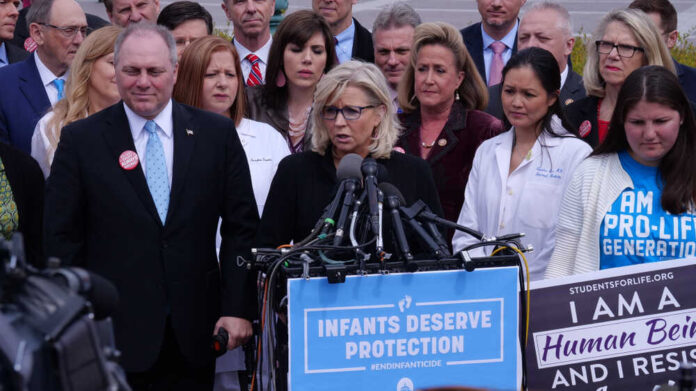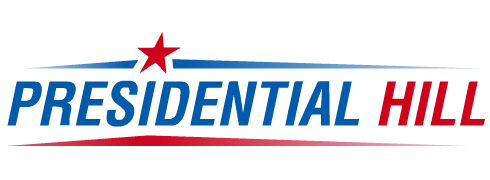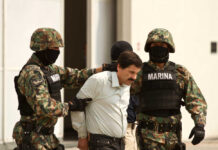
A May 2021 report disclosed that Liz Cheney covertly coordinated the Washington Post opinion piece authored by ten former Defense Secretaries, including her father (Dick Cheney), which cautioned against Trump’s endeavors to allegedly ‘politicize’ the military during the January 6 protest.
The disgraced Wyoming congresswoman cautioned in an opinion piece for the Washington Post that military intervention in election disputes would be dangerous. Yet Cheney spearheaded the effort weeks later to impeach President Trump for failing to secure the US Capitol before January 6. Liz Cheney concealed information that cleared him.
Dem. Rep. Nancy Pelosi. The Capitol Police and DC Mayor Bowser denied President Trump’s request to station 10,000 National Guard forces to guard the US Capitol, according to reports.
Reports reveal that following the Capitol demonstration, Cheney later buried evidence that Trump had given the green light for National Guard troops to be on reserve.
On January 6, former Defense Department chief of staff Kash Patel informed a media source that Mayor Muriel Bowser refused several National Guard members entrance to the Capitol.
Former DC police chief Steve Sund voiced his displeasure with the security measures the House and Senate implemented, which he said were inadequate and ignored his efforts to secure the premises. The Senate and House reported directly to then-Speaker Nancy Pelosi and Senate Leader Mitch McConnell.
In a subsequent interview with Sean Hannity, President Trump reaffirmed his authorization for 10 to 20 thousand National Guard to be present in Washington, DC, on January 6, 2021.
Rep. Barry Loudermilk (R-GA), who chairs the House Oversight Committee, said on March 13 that he would recommend the January 6 Committee lawmakers to the DOJ for possible criminal prosecution for document concealment and destruction.
Although then-House Speaker Rep. Kevin McCarthy (R-CA) warned the January 6 Committee not to destroy all of the evidence gathered in months of investigations and closed-door testimony, Loudermilk found a year ago that the Committee had shredded documents and other records.
Given that lawmakers of Congress often have immunity for their work owing to the separate powers according to the U.S. Constitution, Loudermilk suggested that censure or ethical consequences might potentially be imposed instead of prosecution.














